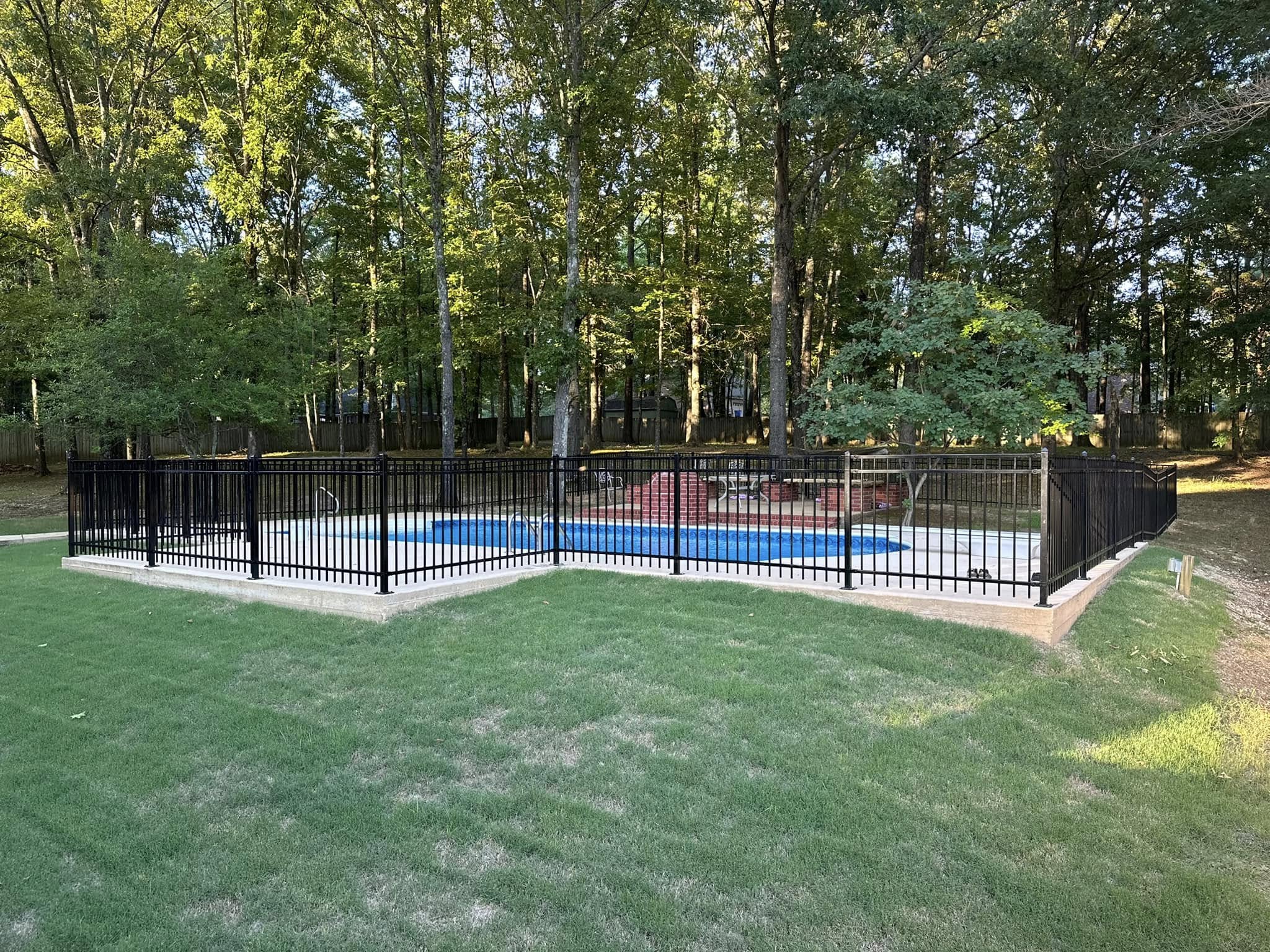
Eco-Friendly Fencing: Sustainable Options for the Environmentally Conscious Homeowner Oct 11, 2025
As the narrative around eco-friendly living gathers momentum, it’s crucial to identify the best sustainable materials for fencing. Herein lies the importance of natural and responsibly sourced materials. One of the most popular options is bamboo. Bamboo is not only aesthetically pleasing but also durable and fast-growing, making it an excellent renewable resource. Unlike traditional wood, bamboo can grow up to 35 inches a day, allowing for rapid regeneration after harvesting.
Similarly, reclaimed wood offers another robust option for environmentally conscious homeowners. This material capitalizes on repurposing wood from old buildings, barns, or factories, which would otherwise contribute to landfill waste. By choosing reclaimed wood, you get the natural beauty of timber without the negative environmental impact of fresh logging. Furthermore, reclaimed wood often adds a unique texture and character to fences that is hard to replicate with new materials.
Metal fencing options, particularly those using recycled metal, also contribute significantly to an eco-friendly approach. Metals like aluminum and steel can be recycled repeatedly without losing their strength or quality. Not only are they durable and require minimal maintenance, but with proper sourcing and manufacturing practices, they keep the ecological footprint low.
To further embrace the sustainability movement, some homeowners are opting for living fences or hedgerows. Plant-based fences, such as those created with shrubs or vines, provide a natural habitat for wildlife and have the added benefits of air purification and sound insulation. This solution caters well to those looking for a natural blend between their home and nature, though it requires some patience as the green fence grows to its full potential.
Frontline Fencing LLC also emphasizes the role of environmentally friendly treatments and finishes. When selecting wood products, it’s crucial to choose those treated with non-toxic preservatives that prevent rot and pest infestation without releasing harmful chemicals into the soil or air. This practice ensures the longevity and safety of the fence as well as the surrounding environment.
Aside from materials, sustainability can be enhanced by mindful installation practices. Utilizing local resources and labor reduces transportation emissions and supports the community. Furthermore, investing in professional installation ensures the fence is built to last, reducing the need for frequent replacements that contribute to environmental waste.
As we pivot toward a more sustainable lifestyle, eco-friendly fencing stands out as an actionable step in green home improvement. By choosing sustainable materials and ethical practices, homeowners can enjoy the dual benefits of quality fencing and environmental stewardship. Frontline Fencing LLC is committed to guiding you in making informed decisions for sustainable properties, ensuring that everyone can play a part in protecting our planet while enhancing their homes.
/filters:no_upscale()/media/0274edda-a37b-4847-b639-735b14d9a3be.jpeg)
/filters:no_upscale()/filters:format(webp)/media/61a294bb-6171-4a4b-b2e7-f875902a1d9c.jpeg)